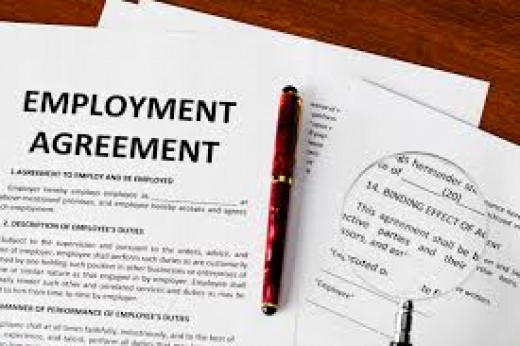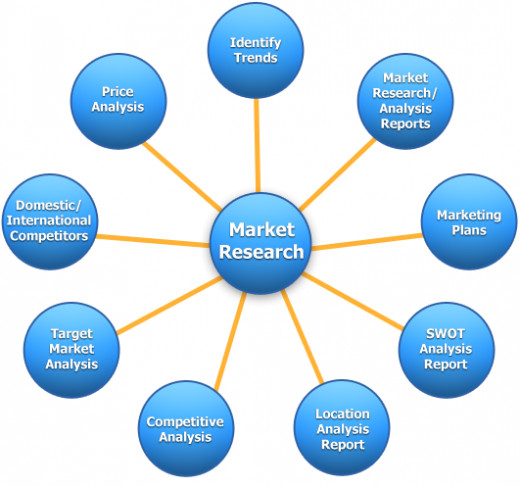To write a valid employment contract, you must mention some elements: informations about the employer and the employee, the workplace, the compensation...
The parties of employment contract
The employment contract should identify the employer. It must show:
- the employer name;- his address;- the name of his legal representative;- his numbers of directory identification system and organizations for the payment of social security and family benefit contributions.
Regarding the employee, he must mention:
- his full name;- nationality;- his social security number (date and place of birth).

The test period
The employment contract must specify the duration of the test period. Otherwise, the employee is considered permanently engaged since his first day of work.
Test period:
- may not exceed 1 month for fixed term contract;- between 1 and 3 months depending on the qualifications of the employee for a permanent contract.
It is for example 3 months for a manager.
The employee's qualifications
The employment contract must include a clause describing the qualifications of the employee. It determines the position classification according to the grid established by the applicable collective agreement and the minimum wage to which the employee is entitled.
The employment contract must state the applicable collective agreement and the place of consultation.
Workplace
Each working contract model includes a clause stating the place of work performance. Thereof may be mobile or fixed.

Schedule and hours
To establish an employment contract you must specify the scheduled daily hours and weekly or monthly working hours.
The method of overtime calculation and billing shall also be indicated.
The employment contract must indicate the rest periods and the rights to paid leave.
Note: Changing work schedules should be an amendment to the employment contract.
Compensation
The remuneration of the employee must be indicated in the employment contract.
To write an employment contract, you must mention all elements of compensation, that is to say:
- base salary;- bonuses and allowances (seniority bonuses, exceptional balance, unsanitary, attendance, the 13th month...);- benefits in kind if necessary (the provision of a company car, company housing, the allocation of restaurant tickets...).


